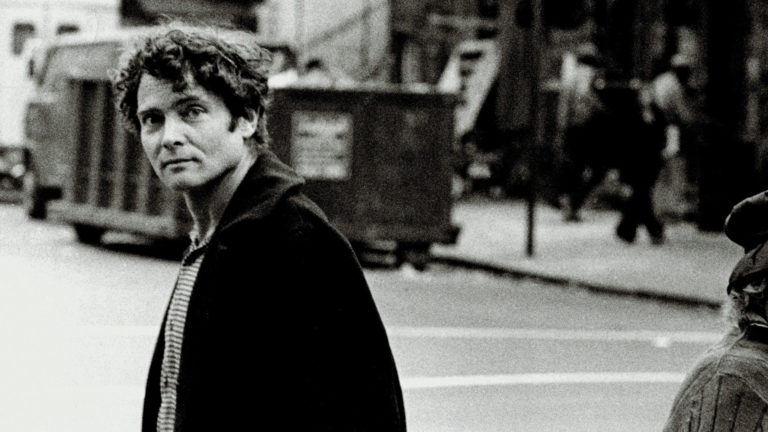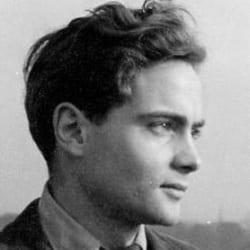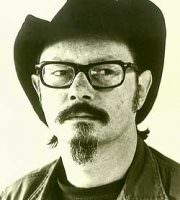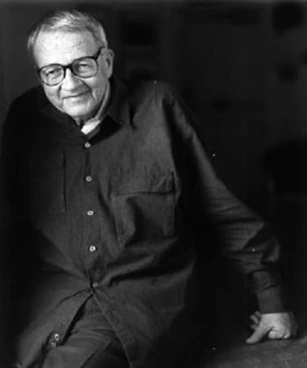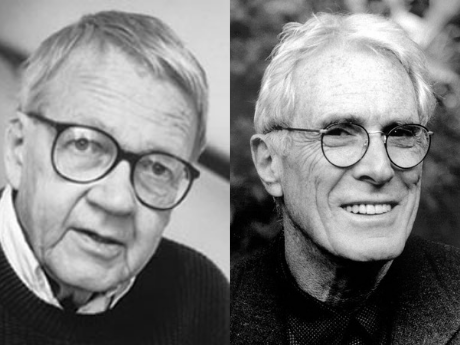
SONNET
The late Gracie Allen was a very lucid comedienne,
Especially in the way that lucid means shining and bright.
What her husband George Burns called her illogical logic
Made a halo around our syntax and ourselves as we laughed.
George Burns most often was her artful inconspicuous straight man.
He could move people about stage, construct skits and scenes, write
And gather jokes. They were married as long as ordinary magic
Would allow, thirty-eight years, until Gracie Allen's death.
In her fifties Gracie Allen developed a heart condition.
She would call George Burns when her heart felt funny and fluttered
He'd give her a pill and they'd hold each other till the palpitation
Stopped—just a few minutes, many times and pills. As magic fills
Then fulfilled must leave a space, one day Gracie Allen's
heart fluttered
And hurt and stopped. George Burns said unbelievingly to the doctor,
'But I still have some of the pills.'



